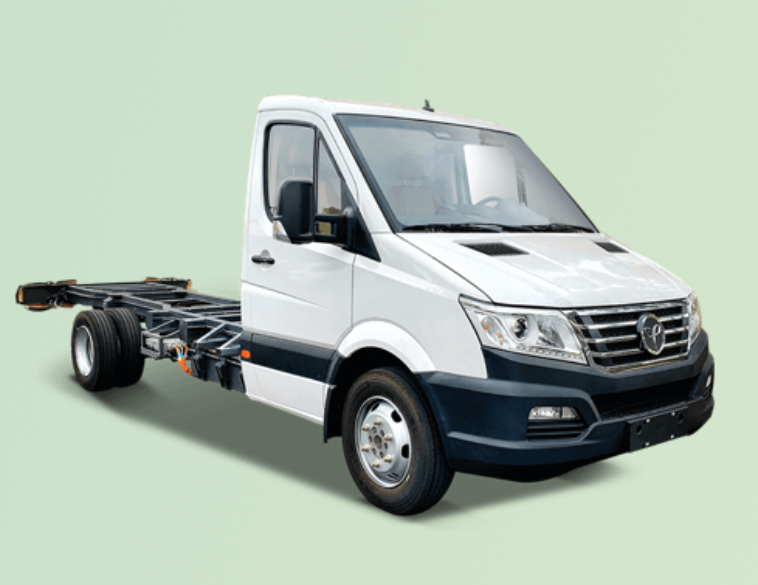Electric vehicle manufacturers will adopt future chemistries over the next five-seven years to overcome range anxiety and cost issues, says Frost & Sullivan.
The increasing adoption of electric vehicles (EVs) has pushed the need for efficient battery solutions, augmented safety, and an extended life span. Frost & Sullivan’s recent analysis finds that many research institutions, battery suppliers, and key original equipment manufacturers (OEMs) are collaborating to develop future battery chemistries with effective material performance, reduced production costs, and enhanced safety. As future chemistries (solid state, sodium ion, lithium-sulfur) evolve, they will offer improved safety, increased energy density, and fast-charging capabilities, overcoming the challenges associated with traditional Li-ion batteries.
For further information on Global Growth Opportunities for Advanced Lithium Batteries for EVs and the Adoption of Future Battery Chemistries, please click here.
“The automotive industry has identified several limitations in EV battery technology and is focused on bringing about a power revolution,” said Aman Gupta, Mobility Research Analyst at Frost & Sullivan. “Due to this, the industry seeks advancements in terms of design, packaging, and alternative chemistries in battery packs.”
Gupta added: “Metal-air batteries such as Aluminum Air (Al-Air) and Lithium Air (Li-Air) batteries are in the research process. Lithium-sulfur (Li-S), sodium-ion, and solid-state batteries are in the development stage and can be commercialized over the next five years. Further, most OEMs will invest in solid-state batteries (SSBs) manufacturers and adopt SSBs by 2030, mainly due to the high power-to-weight ratio for future EVs.”
To reap the benefits of future chemistries and more effective battery solutions, battery manufacturers should:
- Include multiple chemistries such as solid-state, sodium ion, and Li-ion instead of prioritizing single chemistry.
- Collaborate with technology companies to offer a higher range, power, and safety as almost all battery manufacturers and EV manufacturers will adopt future chemistries over the next five to seven years to overcome range anxiety and cost issues.
- Adopt future chemistries for better cost, safety, and thermal management. Cost efficiency will make EVs more affordable in the long term.



